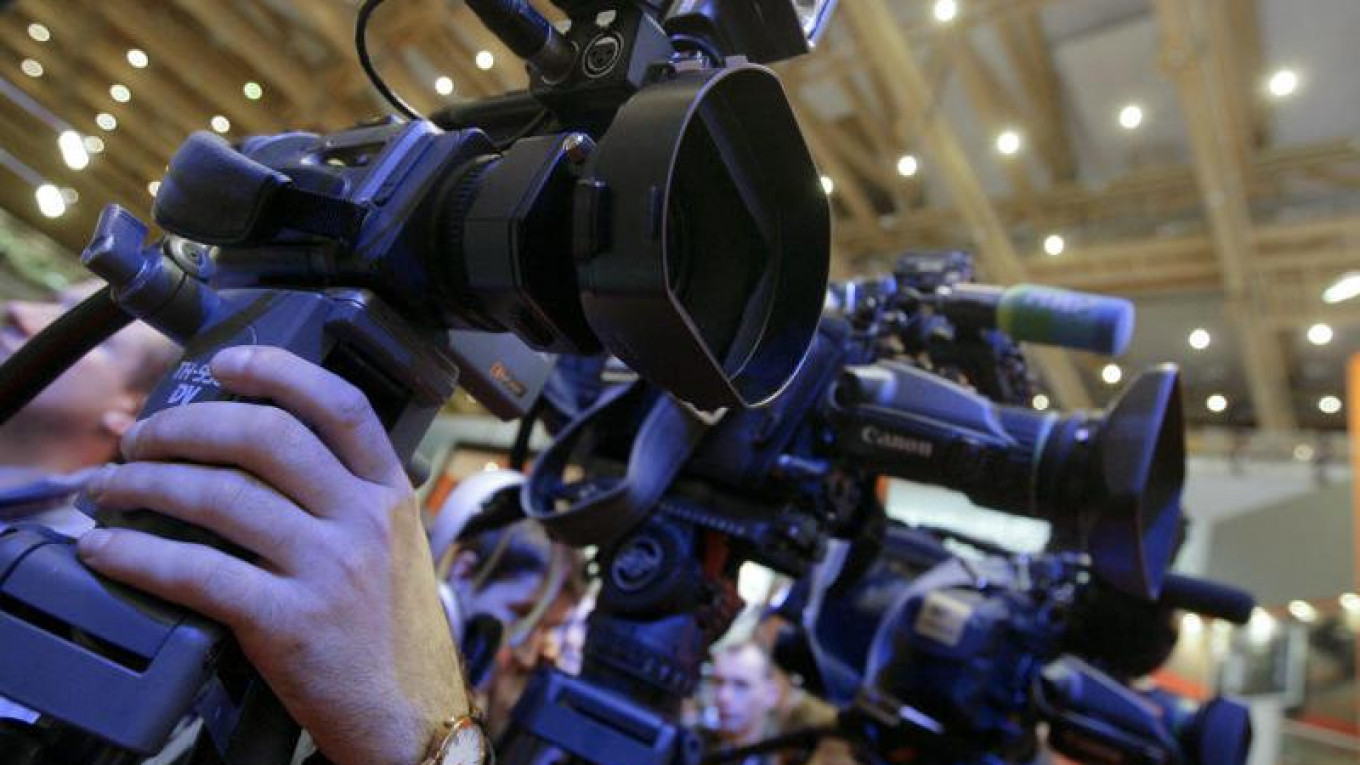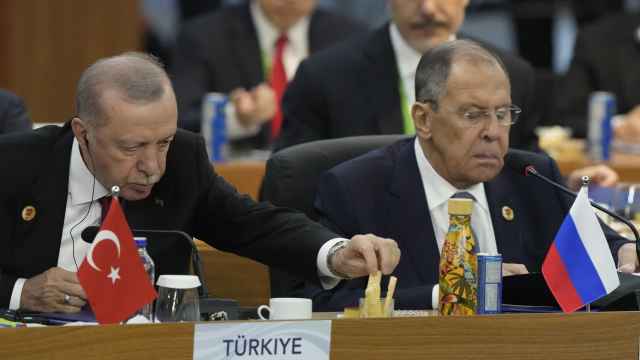Russian media's foreign language broadcasts have skyrocketed in the past year as the sector has started targeting smaller language groups, a new study finds.
A report published on Thursday by the MediaDigger media intelligence firm, shows that in 2017 Russian media's coverage extended to 161 languages — which is a 58 percent increase compared to last year.
Since 2016, Russian media have expanded their coverage to include smaller languages such as Danish, Icelandic, Romanian and even Catalan.
They also expanded their coverage in Spanish, Chinese and Arabic, while cutting back on German, French and Italian.
Meanwhile, the number of media outlets has shrunk by 4 percent this year, with closures outweighing launches by almost 200 percent.
Another trend highlighted in the report was the digitalization of the media sector. Thirty-three percent of new media outlets registered in Russia over the past year were online media — a new record, the report said.
Meanwhile, the number of print outlets is shrinking, with 68 percent of all closures concerning print newspapers or magazines.
A Message from The Moscow Times:
Dear readers,
We are facing unprecedented challenges. Russia's Prosecutor General's Office has designated The Moscow Times as an "undesirable" organization, criminalizing our work and putting our staff at risk of prosecution. This follows our earlier unjust labeling as a "foreign agent."
These actions are direct attempts to silence independent journalism in Russia. The authorities claim our work "discredits the decisions of the Russian leadership." We see things differently: we strive to provide accurate, unbiased reporting on Russia.
We, the journalists of The Moscow Times, refuse to be silenced. But to continue our work, we need your help.
Your support, no matter how small, makes a world of difference. If you can, please support us monthly starting from just $2. It's quick to set up, and every contribution makes a significant impact.
By supporting The Moscow Times, you're defending open, independent journalism in the face of repression. Thank you for standing with us.
Remind me later.






